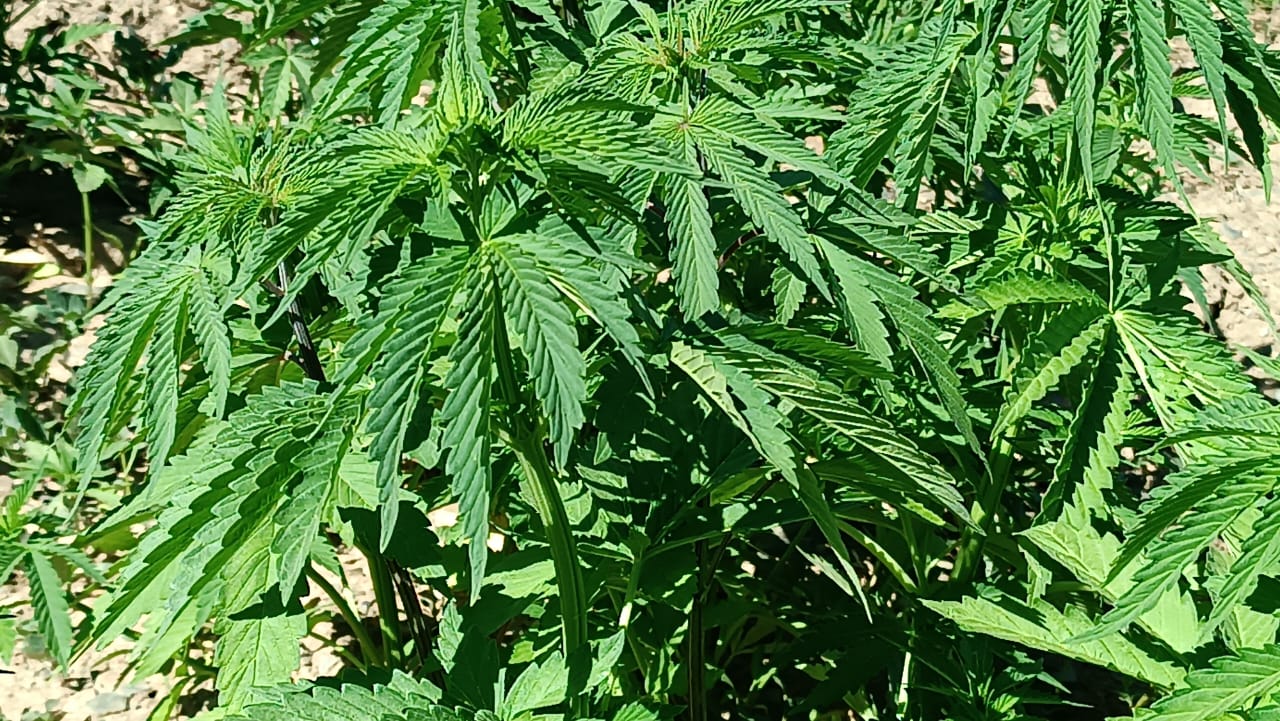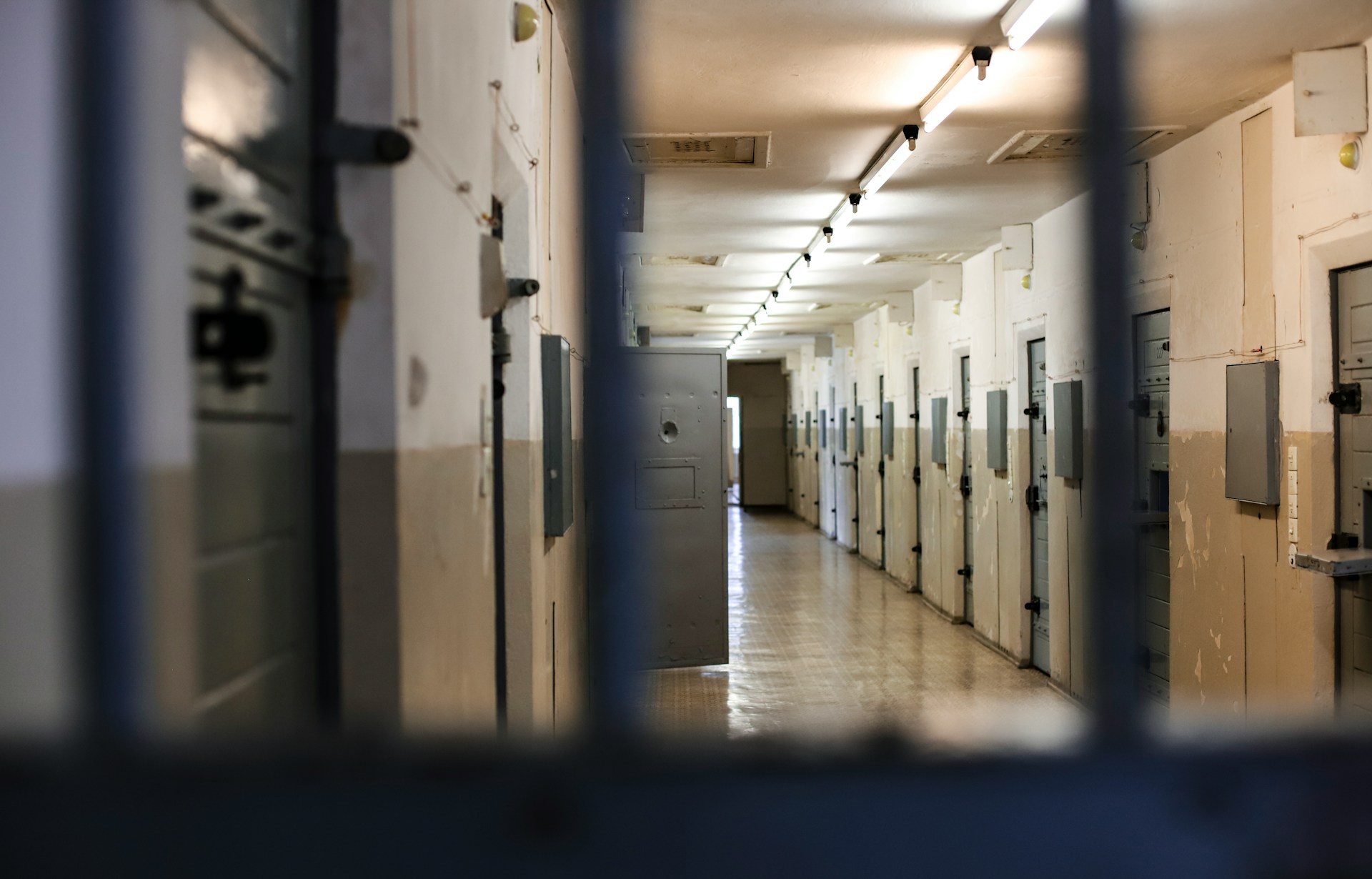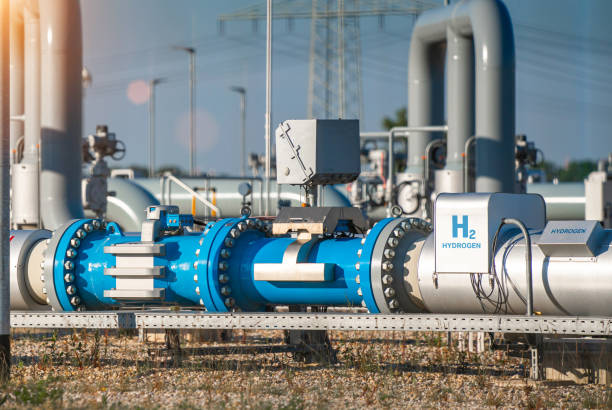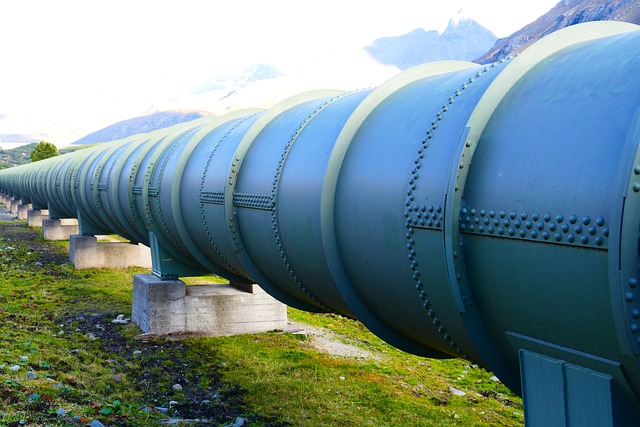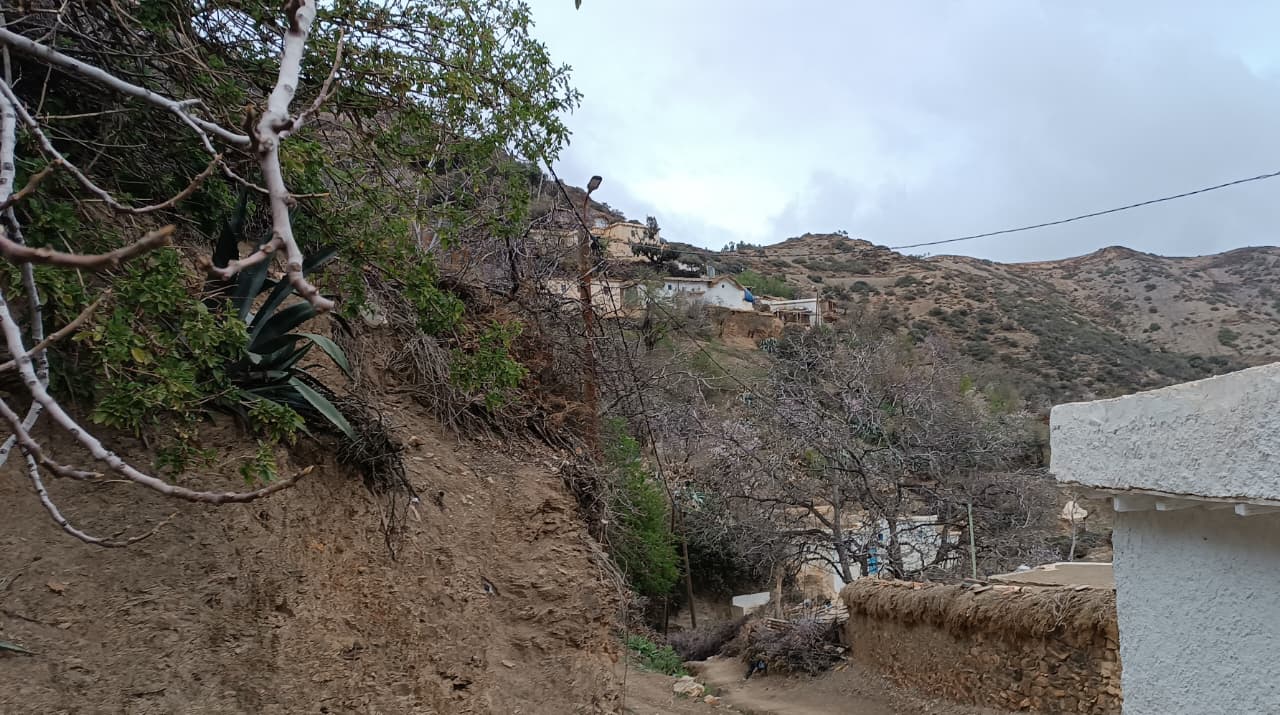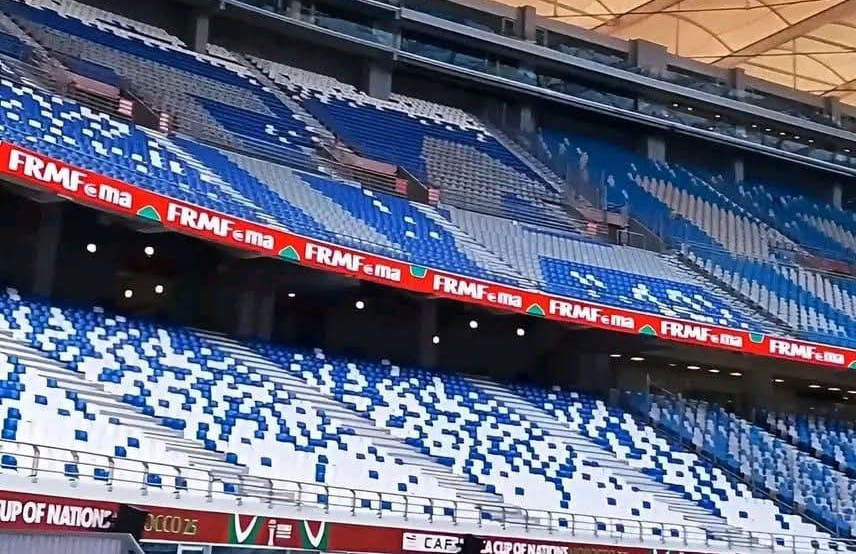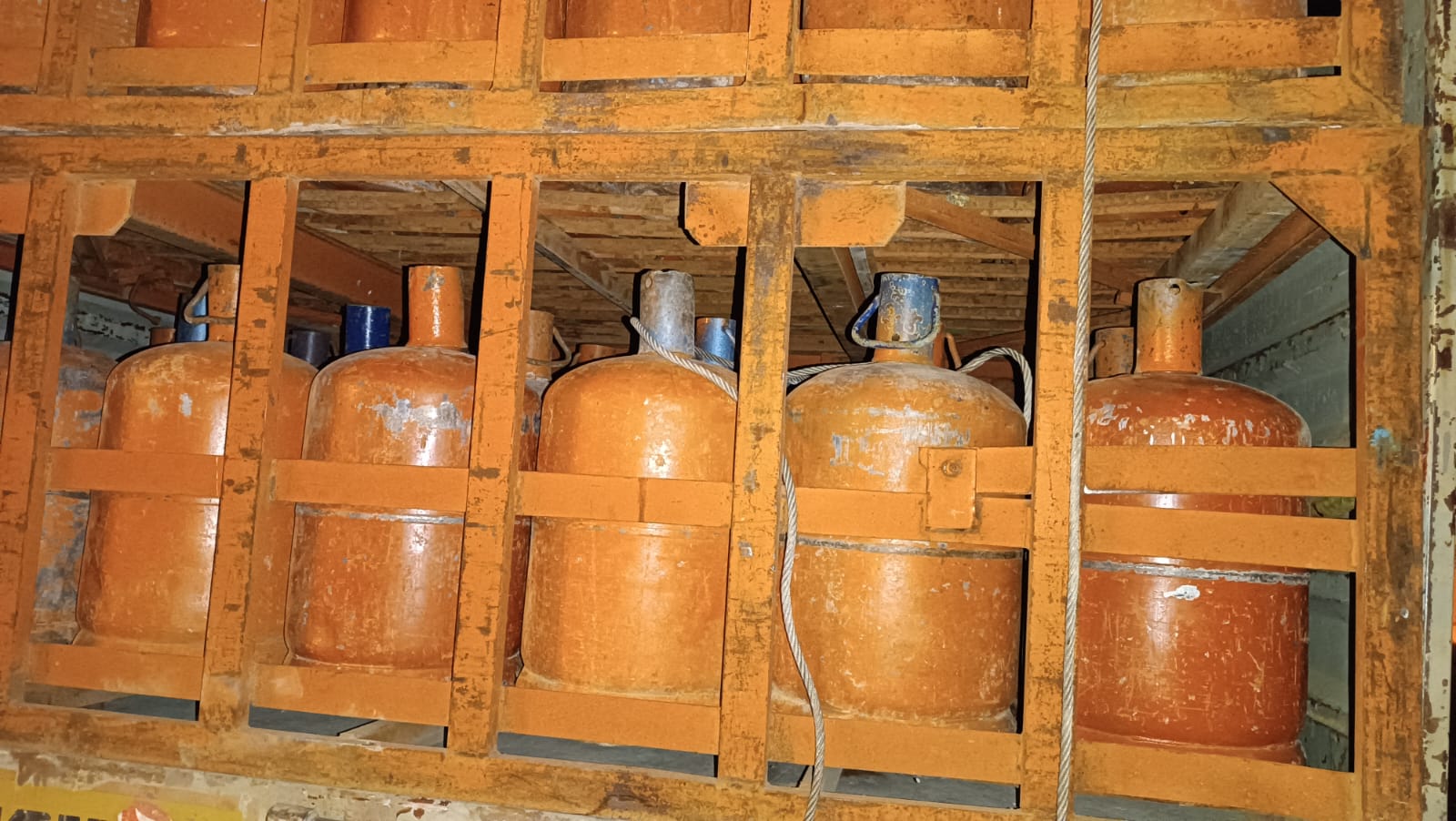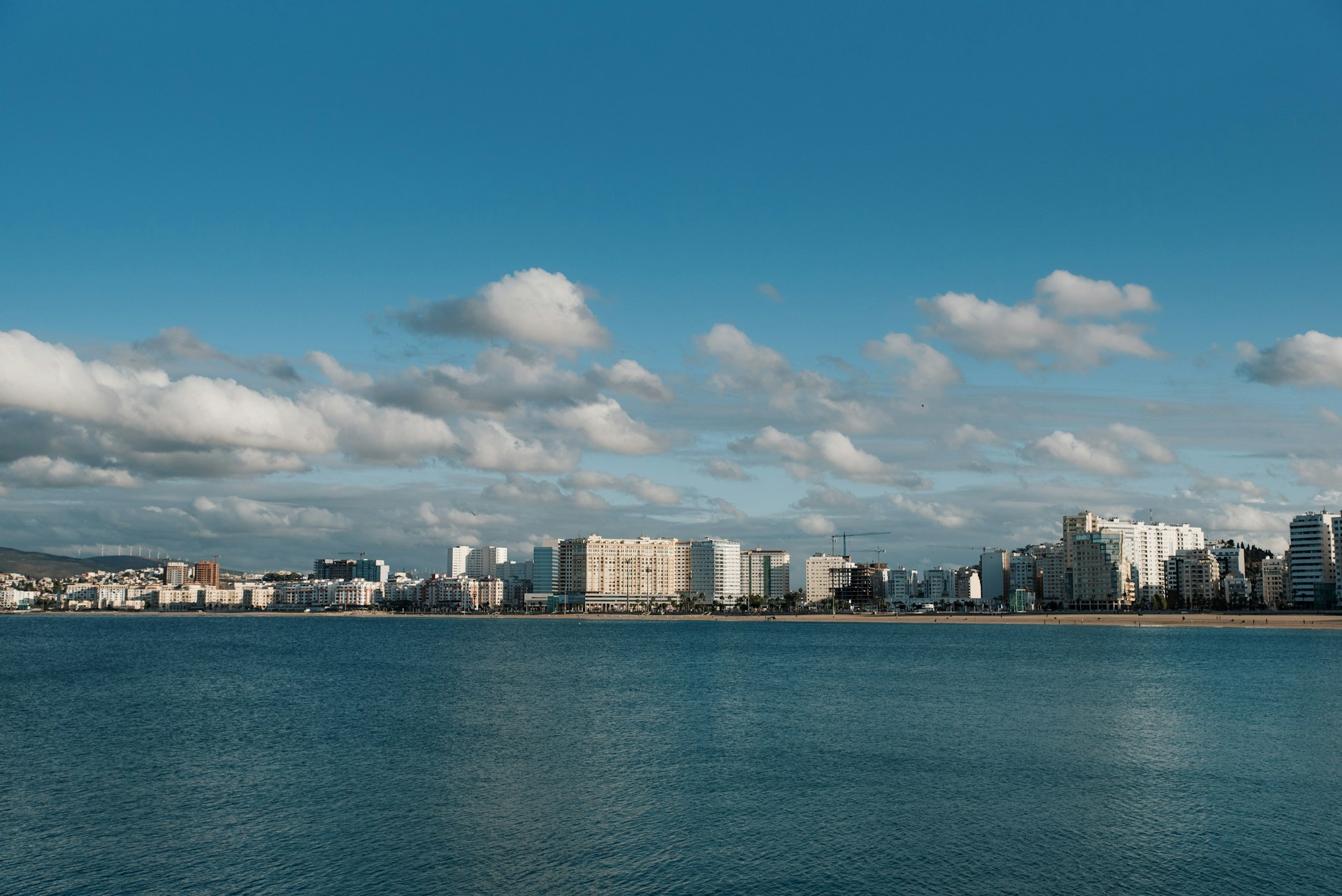Casablanca – Morocco is forging ahead with groundbreaking initiatives in the cannabis sector, marking a significant stride towards legalization and economic advancement. Recently, the Northern Regions Development Agency unveiled plans for the establishment of state-of-the-art cannabis processing units, heralding a new era of regulated Cannabidiol (CBD) production.
Chefchaouen, Taounate, and Al Hoceima have been selected as the pioneering cities to host these specialized facilities, each spanning 600 square meters. These units are strategically designed to meet stringent legal and environmental standards, aiming to produce CBD from cannabis sustainably and responsibly.
Equipped with comprehensive infrastructure, the facilities will oversee the entire production lifecycle—from the initial reception of raw materials to the meticulous storage of final CBD products. Key operational areas include extraction, purification, manufacturing, conditioning, and packaging, all meticulously planned to ensure minimal environmental impact by managing production waste like hemp residues and used filters responsibly.
The economic prospects are promising for the northern regions of Morocco. These initiatives are expected to invigorate local economies by generating employment opportunities and boosting incomes for farmers. Moreover, they aim to attract substantial investments, bolstering the competitiveness of Moroccan agricultural products in the global market.
The Northern Regions Development Agency has allocated a budget of $18.45 million for the construction of a cutting-edge cannabis processing unit in Al Hoceima. Already, preliminary studies—including topographic and architectural assessments—have commenced, with construction slated to commence in the coming months.
Regulatory efforts have also seen substantial progress. As of April 23 this year, the National Agency for Regulating Activities Related to Cannabis has issued 2,905 licenses out of 2,942 applications examined in 2024—a substantial increase from the 609 licenses granted in 2023. These licenses cover a total area of 2,552 hectares, benefiting thousands of farmers across Taounate, Chefchaouen, and Al Hoceima. Among these licenses, industrial purposes dominate, alongside allocations for medical processing, marketing, export, seed importation, and transportation activities, underlining Morocco’s structured approach to cannabis industry regulation.
A feasibility study conducted by the Moroccan Ministry of Interior underscores the lucrative potential of cannabis cultivation, estimating an annual net income of approximately $11,340 per hectare. Looking forward, Morocco aims to capture a significant share of the European cannabis market by 2028, with projections ranging from 10% to an optimistic 15%, translating to annual revenues between $420 million to $630 million.
Morocco embraces the global trend towards cannabis legalization and asserts itself as a leader in the industry, harnessing cannabis as a foundation of economic growth in its northern regions. The Kingdom’s steadfast commitment to innovation, sustainability, and regulatory excellence promises a path towards a prosperous and regulated cannabis sector, unlocking new economic vistas for its citizens.






